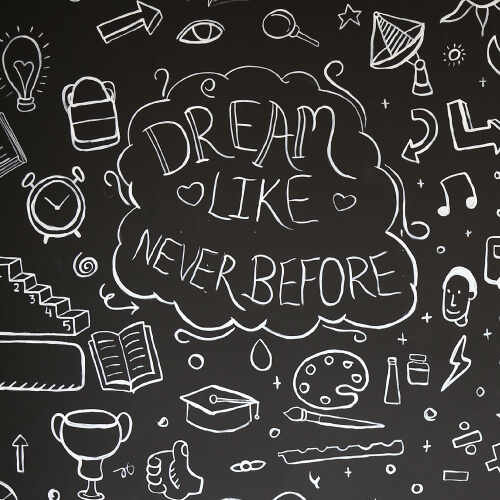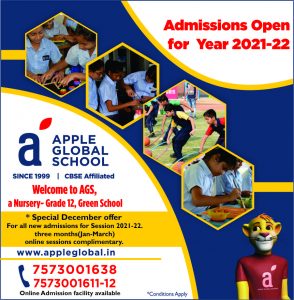+ CURRICULLUM

The integrated curriculum at AGS connects different areas of study by cutting across subject-matter lines and emphasising and unifying concepts. The Integration focuses on making connections for students, allowing them to engage in relevant, meaningful activities that can be connected to real life. AGS understands how to effectively integrate curriculum to help the students become more successful in the classroom. Students not only connect and create more real world connections in the classrooms , but they are also more actively engaged in challenging, fun, meaningful tasks that help them connect to information thus assisting in retention of information.
We are a CBSE affiliated school . The school offers Grades from Nursery to Grade 7 (Integrated Curriculum) and Grade 8 to 12 in CBSE Board.From the Year 2022-23, we propose to commence the IGCSE International Board from Grade 8 going forward. After Grade 7 students will select to study in one of the boards.
MAU- Math Around Us –
It is an integral part of the curriculum from grade 1 to 8. It helps expand the horizon of knowledge and helps them increase the speed of calculation and relates math to our daily life.
SAU- Science Around Us-
As citizens of the 21st century, we live in amazing times. People today have access to a whole range of scientific knowledge and technologies, like washing machines, computers, cell phones, cars, clean drinking water, and good health care that make our lives better. Topics undertaken through Science around Us helps students explore the ways in which science can impact their daily lives from when they wake up in the morning to when they go to bed. In the process, students come to understand that science is all around them. The teacher tailors the lesson to fit the grade level of the students. Along with the activities, the teachers use discussion questions to get the students thinking about how science impacts their lives. Finally, as an informal assessment activity, students may be asked to make a drawing or a presentation to help demonstrate what they have learned from the topic or concept.
Green Awareness
Green awareness is about being aware of the environment. The environment refers to all flora and fauna, including all marine and wildlife areas. This is particularly important, given the increasing environmental challenges we are facing, including:
- climate change
- global warming
- water scarcity
- droughts
- deforestation
- floods
- pollution.
In order to raise awareness around environmental issues, it is vital to start the conversation early. Environmental awareness is a part of our school curriculum and we-
- Teach children about the three R’s: reduce waste, reuse resources, and recycle materials.
- Organise tree planting days at school and tell children why trees are important to the environment.
- Encourage children to switch off all appliances and lights when not in use.
- Ensure taps are closed properly after you have used them and use water sparingly.
- Set a recycling system in the classrooms and show the children how to use it.
Value Education
An exemplary citizen is made, not born. Just as we learn mathematics and languages, we should also become specialists in those lessons that are fundamental to living in harmony and social progress such as respect, empathy, equality, solidarity and critical thinking.
The integration of Values education in the lesson plan of every subject and its topics is part of the AGS strategy. Without these and other ethical principles that define us as human beings, it will be difficult for us to build a better world.This concept is about the educational process that instils moral standards to create more civil and democratic societies. Values education therefore promotes tolerance and understanding above and beyond our political, cultural and religious differences, putting special emphasis on the defence of human rights, the protection of ethnic minorities and the most vulnerable groups, and the conservation of the environment.
Life Skills Education
Life skills are abilities for adaptive and positive behaviour that enable individuals to deal effectively with the demands and challenges of everyday life. Described in this way, skills that can be said to be life skills are innumerable, and the nature and definition of life skills are likely to differ across cultures and settings. However, analysis of the life skills field suggests that there is a core set of skills that are at the heart of skills-based initiatives for the promotion of the health and well-being of children and adolescents. The method we use in teaching Life Skills builds upon the social learning theory and on what we know of how young people learn from their environment; from observing how others behave and what consequences arise from behaviour. It involves the process of Participatory learning using 4 basic components: 1. Practical activities 2. Feedback and reflections 3. Consolidation and reinforcement 4. Practical application to day to day life challenges


